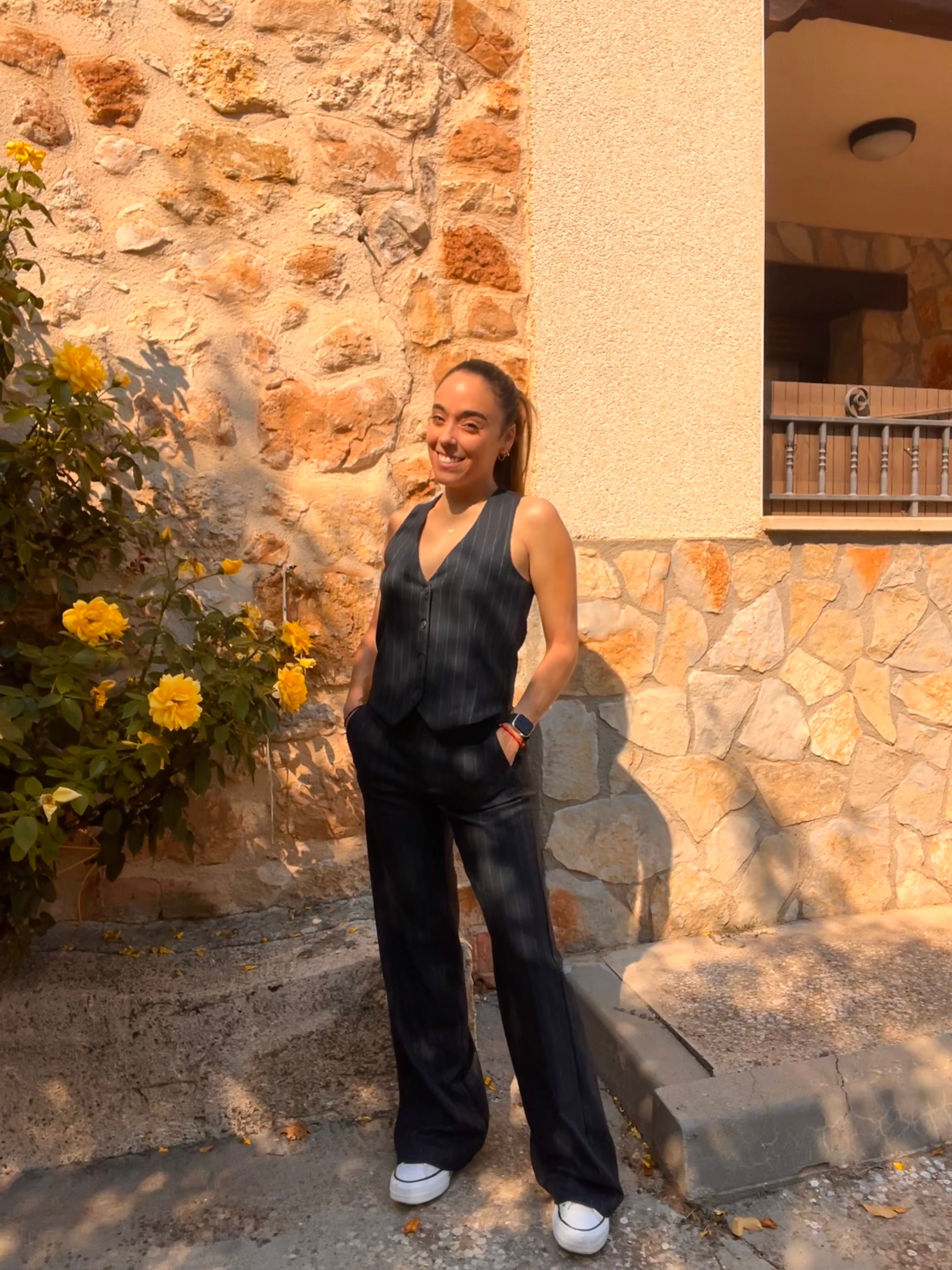
We interviewed Repoblando, who left Barcelona to go live with their grandmothers in the village.
- Your story has caught the attention of many: from Barcelona to a village with 10 inhabitants in Soria. How did this brave idea come about?
- How was the process of adapting to this slow life?
Strange. There are so many differences compared to living in a big city and you only realise this when you have tried both lifestyles. The silence, greeting everyone you meet, being able to look into the distance... These small details, for better or worse, mark our daily lives, and although there are aspects of the rural world that we all like, there are others that may not be pleasant for everyone. In short, at first it seemed quite strange to us but, like everything in life, it is about adapting to what there is, and despite the disadvantages of living in an environment like this, for us the advantages that exist outweigh the disadvantages.
- Do you think there are many people who would love to take the step but don't dare?
It depends, it is a complex decision, it is not only about changing your place of residence, it is also about your lifestyle and assuming a series of additional difficulties. It is often said that there is no work in the villages and that is why there are no people, which is partly true, although there is also a problem of lack of labour, as there is a small population of working age, but of course you know this when you live here. In addition, here we have a great disadvantage and it is the scarcity of services, so job instability and the lack of services are two factors that make many people not even consider the possibility of making this change.
- Moving from a city like Barcelona to a rural environment must have been a huge shock. How was it to adapt to a town with so few inhabitants?
For us it is quite simple, since we live where our grandmothers were born and we have always come here to spend our summer holidays.
- How do you see the role of sustainability in fashion from your perspective in the field?
A key issue to reduce the environmental impact on nature.

- What would you say is the best and worst thing about living in the countryside?
The worst thing is the many kilometers we travel by car, especially in winter on foggy, icy days... The best thing is the silence and the feeling of security that the absence of noise makes us feel.
- What are the best outfits to enjoy a day in the village?
Any type of comfortable clothing is ideal for any day, except when it is our town's festival, which is when we bring out our best dresses.
- Have you ever had any embarrassing experiences due to your choice of outfit?
No, we don't remember any.
- What is the oldest piece of clothing you have that you haven't thrown away yet?
An oversized denim jacket.
- A style that you feel (very) identified with.
Casual style, ideal for everyday wear in the village, and we reserve our best clothes for festive events.
- What changes would you like to see in the fashion industry? Do you stop to analyze what you buy or do you get carried away by fast fashion ?
We are very aware of the environmental impact generated by the fashion industry, which is why we are very selective when choosing our clothes. We prefer to buy less and buy quality, long-lasting products, even if they are more expensive, rather than opting for fast fashion.
- What do you wear, for example, for a day of teleworking?
Mainly comfortable clothing, although it is true that on the days of important meetings we wear more formal clothes.
- When you go on a trip, do you stay in a hotel, an apartment or a cottage?
Little house, here we have become accustomed to spacious places and if possible with a small garden.








